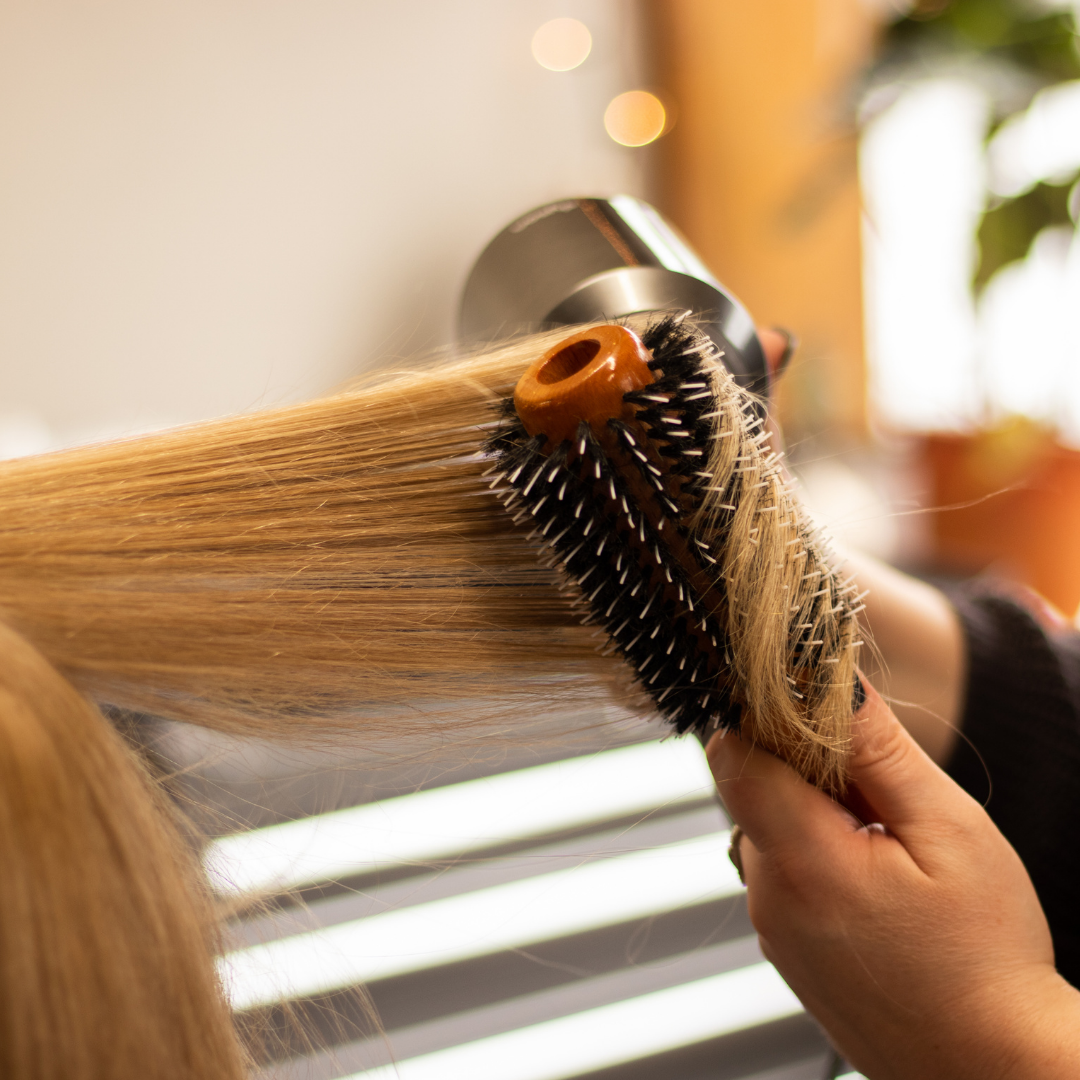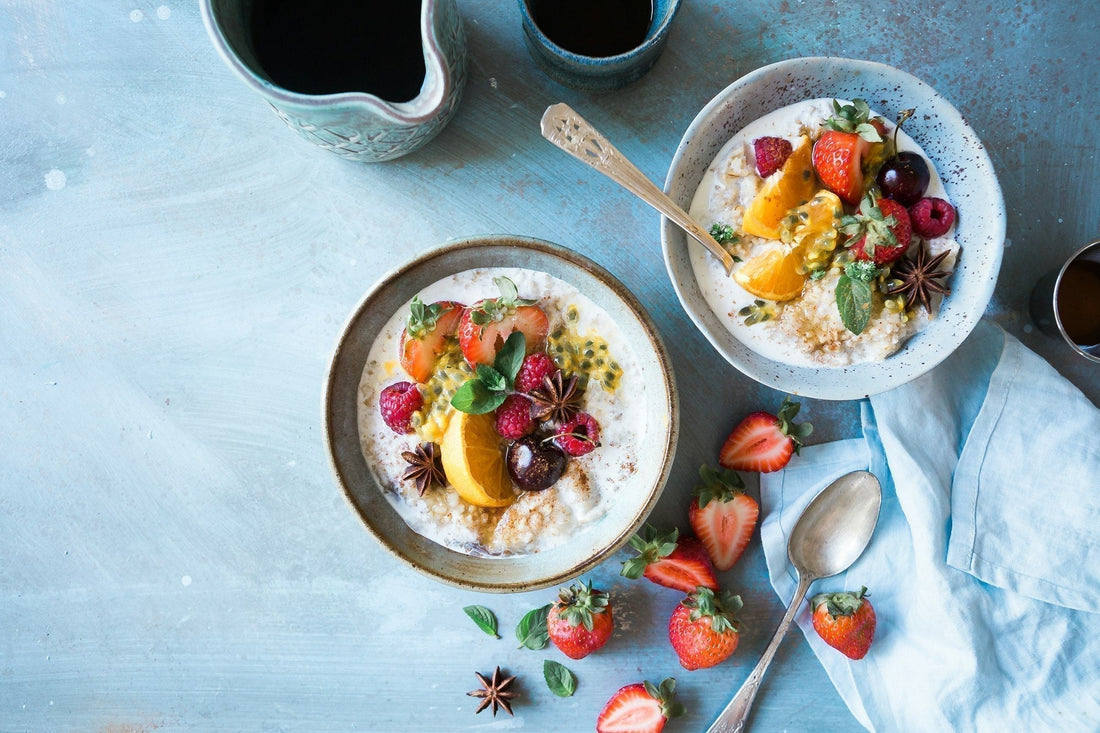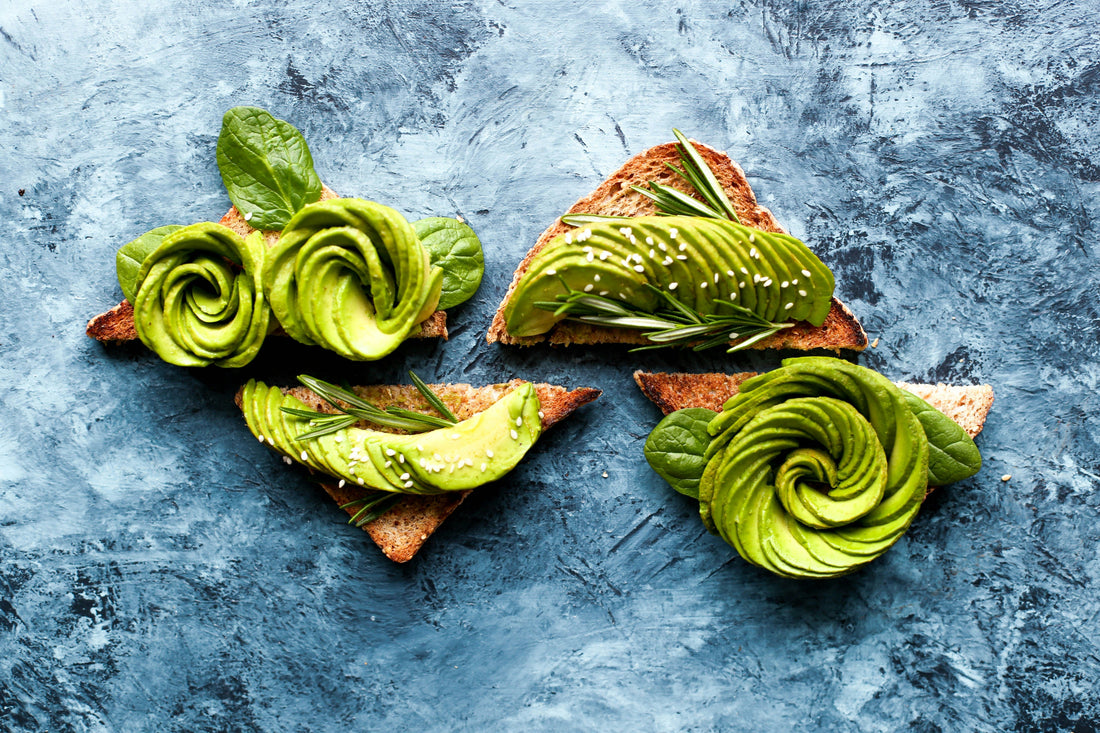What to do for thinning hair
A common problem that occurs in people as they age is hair loss and hair thinning. While it's normal and natural to lose hair, it can be uncomfortable and linked to several conditions. Hormonal imbalance, procedures related to cancer management such as chemotherapy, stress, pregnancy and environmental factors can all impact your hair strength and health.Here are some other common causes of thinning hair or hair loss.
Causes of thinning hair
Nutritional deficiency
Vitamin deficiency may lead to hair thinning or loss, in particular, deficiencies in niacin, zinc, selenium and vitamin D have been linked to hair loss (5). Taking in more of these nutrients by eating a healthy and well-balanced diet, with a variety of fruits, vegetables and proteins may help address deficiency.
Hairstyle
Believe it or not, certain types of hairstyle arrangements or treatments like hair straightening may pull on the hair roots, causing damage (6). Tight ponytails, braids, or corn rows may also result in hair loss. Some people also use caustic chemicals when styling their hair, which may lead to thinning and hair loss. If you find that you're losing hair rapidly after styling or treating your hair, it can help to avoid any treatments for a few weeks to allow your hair to recover.
Hereditary hair loss
Hereditary hair loss is one of the most common causes of hair loss. Commonly called male or female pattern hair loss, androgenic alopecia can manifest in either sex (2). Age is the major factor in this condition. While hereditary causes of hair loss cannot be prevented, it helps to speak to your doctor for options on how to address it. In severe cases you might like to look into hair transplant surgery, hair treatment, or using a wig (6).
Supplements for stronger hair
Various nutrients can help you keep your hair strong. While these nutrients are best taken in through a healthy diet, you can opt for supplementation to support hair health. Here are some supplements that you can consider pairing alongside a well-balanced diet:
Collagen
Collagen is a natural protein in the body (3). It's fibre-like structure is used to make connective tissues that are strong and resilient, and able to withstand stretching. When your body makes collagen, it combines amino acids, which are nutrients you get from eating protein-rich foods.
Vitable's Collagen supplements are derived from sustainably sourced fish. This dairy-free Collagen Creamer is paired with organic coconut milk and natural vanilla with each serving, providing the body and our hair with a dose of collagen, healthy fats, protein and fibre. Our hydrolysed collagen is also easily absorbed by the body and stable in hot temperatures.
Biotin
The water soluble vitamin also known as vitamin B7, is an essential cofactor to enzymes in the metabolism of fatty acids, glucose and amino acids. It plays a key role in gene expression and cell signaling (4). This allows for the proteins that promote hair growth to proliferate in your body.
Vitable's Biotin Tablet supplements support hair strength, thickness and overall health. Capsuled in Australia, and observing TGA standards on quality and safety, this smart dose delivers only the suitable daily amount as opposed to other megadoses. On top of that, this special tablet is vegan, non-GMO and free of added gluten and lactose.
Cranberry
Don't forget to add cranberry into your daily vitamin subscription to support hair health. Vitable's Cranberry Formula contains a healthy dose of vitamin C and Silica.
Vitamin C is vital in promoting healthy collagen fibre synthesis. It plays a role in the chemical process of creating healthy collagen structures, as well as in the absorption of iron that aids in preventing hair loss. Silica, on the other hand, delivers essential nutrients through our bodies to strengthen hair fibres and complete the healthy hair look.
There is no need to get your priorities all tangled up to achieve a healthy head of hair. Simply practice a healthy lifestyle and well-balanced diet and further support them with a daily vitamin subscription. Vitable vitamins allows you to customise your personal vitamin pack and we'll send it right to your doorstep via our vitamin delivery service.
Find out more about other areas that the above supplements can help you with:
*Always read the label. Follow the directions for use. If symptoms persist, talk to your health professional. Vitamin and/or mineral supplements should not replace a balanced diet.
References:
- American Academy of Dermatology Association. Hair Loss: Who Gets and Causes. Published on https://www.aad.org/public/diseases/hair-loss/causes/18-causes. Accessed Nov 22, 2021.
- Cleveland Clinic. Hair Loss in Women. Published on https://my.clevelandclinic.org/health/diseases/16921-hair-loss-in-women. Accessed Nov 22, 2021.
- Cedars-Sinai Staff. Collage for Your Skin: Healthy or Hype? Published Jan 15, 2021 on https://www.cedars-sinai.org/blog/collagen-supplements.html. Accessed Nov 22, 2021.
- Harvard T.H. Chan. Biotin - Vitamin B7. Published on https://www.hsph.harvard.edu/nutritionsource/biotin-vitamin-b7/. Accessed Nov 22, 2021.
- Guo, E., Katta, R., "Diet and hair loss: effects of nutrient deficiency and supplement use". Dermatology Practical & Conceptual. Published Jan 31 2017 on https://www.ncbi.nlm.nih.gov/pmc/articles/PMC5315033/. Accessed November 29, 2021.
- Cleveland Clinic. "Hair Loss in Women". Cleveland Clinic. Reviewed Feb 10 2021. https://my.clevelandclinic.org/health/diseases/16921-hair-loss-in-women. Accessed November 29, 2021.







